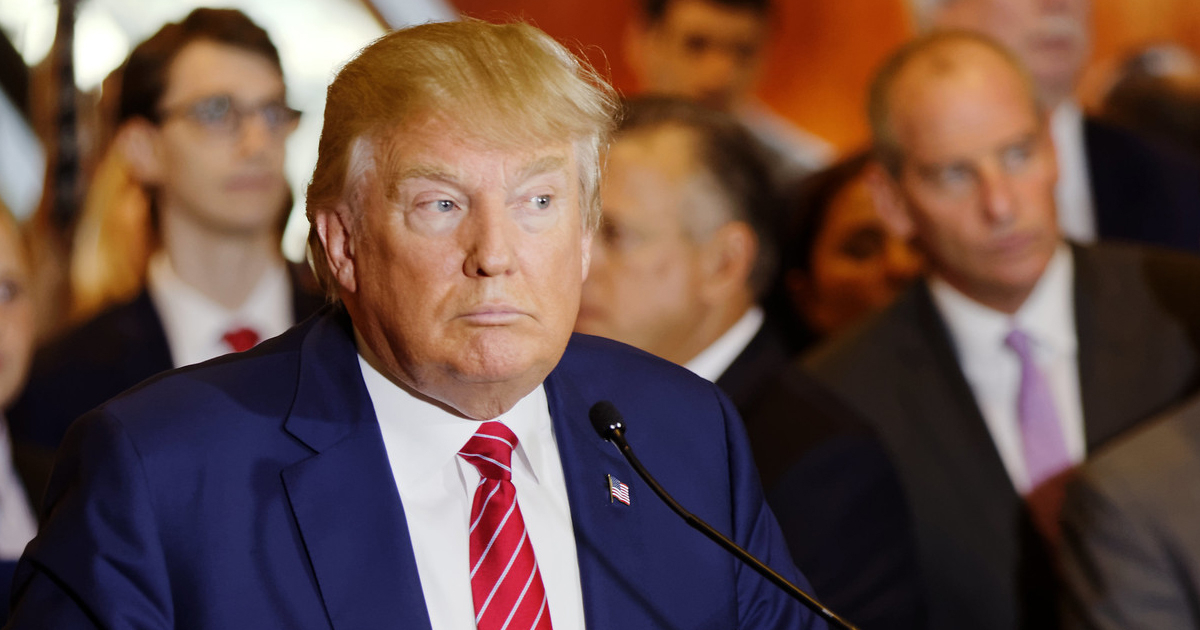During a Cabinet meeting on Thursday, President Donald Trump floated the idea of offering temporary relief to specific undocumented workers in the agricultural and hospitality sectors. This plan would allow them to remain in the U.S. temporarily and later return with legal visas. "A farmer will come with a letter about certain individuals, saying they are excellent, hardworking people. We’re going to ease up a bit for them, and eventually, we’ll bring them back. They’ll leave and come back as legal workers," the President stated from the Oval Office.
Trump emphasized the necessity of safeguarding key sectors such as agriculture and tourism, acknowledging a reality he had previously denied: the heavy reliance on migrant labor. "We have to take care of our farmers, our hotels, and various places where they usually need these people," he added.
Resistance from the Agricultural Industry
This proposal emerges amidst growing opposition from the agricultural industry to the government's mass deportation plans. American farmers argue that a significant portion of their workforce—nearly half of the two million agricultural workers—lacks legal immigration status, according to official figures. During his first term, Trump also promised to protect the agricultural sector, although his administration conducted raids on meat processing plants.
Currently, farmers can hire foreign workers legally through the H-2A visa program, though many find the process expensive and limited to specific seasons.
Introducing the "Golden Card"
In the same meeting, the government confirmed that the controversial "golden card," a residency permit for those who can pay five million dollars, will start being processed before the end of the month. This card, also known as the “Trump card,” will offer rights similar to those of a green card but exempt holders from paying U.S. taxes on income earned abroad.
Additionally, starting April 11, a new measure will require all undocumented immigrants over the age of 14 to register in an official system. Failure to comply could result in criminal and civil charges. This measure has faced harsh criticism from activists and lawyers, who deem it unconstitutional and urge the community not to participate.
Impact on the U.S. Economy
These actions are part of a series of policies intended to tighten immigration control, aligning with Trump's campaign promises, including granting ICE access to tax data shared by the IRS to facilitate deportations. Since returning to the White House, Trump has adopted a hostile, disdainful, and threatening tone towards undocumented individuals, frequently warning them of capture and deportation.
In December, the Center for Migration Studies of New York warned that 8.3 million migrants with irregular status work in sectors like construction, restaurants, and agriculture. Thus, a mass expulsion of undocumented individuals would negatively impact the U.S. economy. "Without these workers, many industries in the United States would face severe shortages. For example, a deficit of 135,000 healthcare workers is projected for 2036, and 500,000 in construction by 2025," the study highlighted.
Trump has had to backtrack on some policies that have caused price increases, backlash from American entrepreneurs, and chaos in the economy. Recently, he announced a halt on the implementation of tariffs when chaos threatened the economy, as European tour operators reported a decline in tourism to the U.S. from groups such as the LGBTQI+ community—Europeans spent over 155 billion dollars on trips to the U.S. in 2023—following new gender policies.
Understanding Trump's Immigration Policy Changes
What temporary relief is Trump considering for undocumented workers?
Trump is considering offering temporary relief to certain undocumented workers in the agricultural and hospitality sectors, allowing them to stay in the U.S. temporarily and later return with legal visas.
What is the "golden card" and how does it differ from a green card?
The "golden card," also known as the “Trump card,” is a residency permit for those who can pay five million dollars. It offers rights similar to a green card but exempts holders from paying U.S. taxes on income earned abroad.
How might mass deportations impact the U.S. economy?
Mass deportations could negatively impact the U.S. economy, as many industries rely heavily on undocumented workers. Shortages in sectors like construction and healthcare are projected, leading to significant economic challenges.
